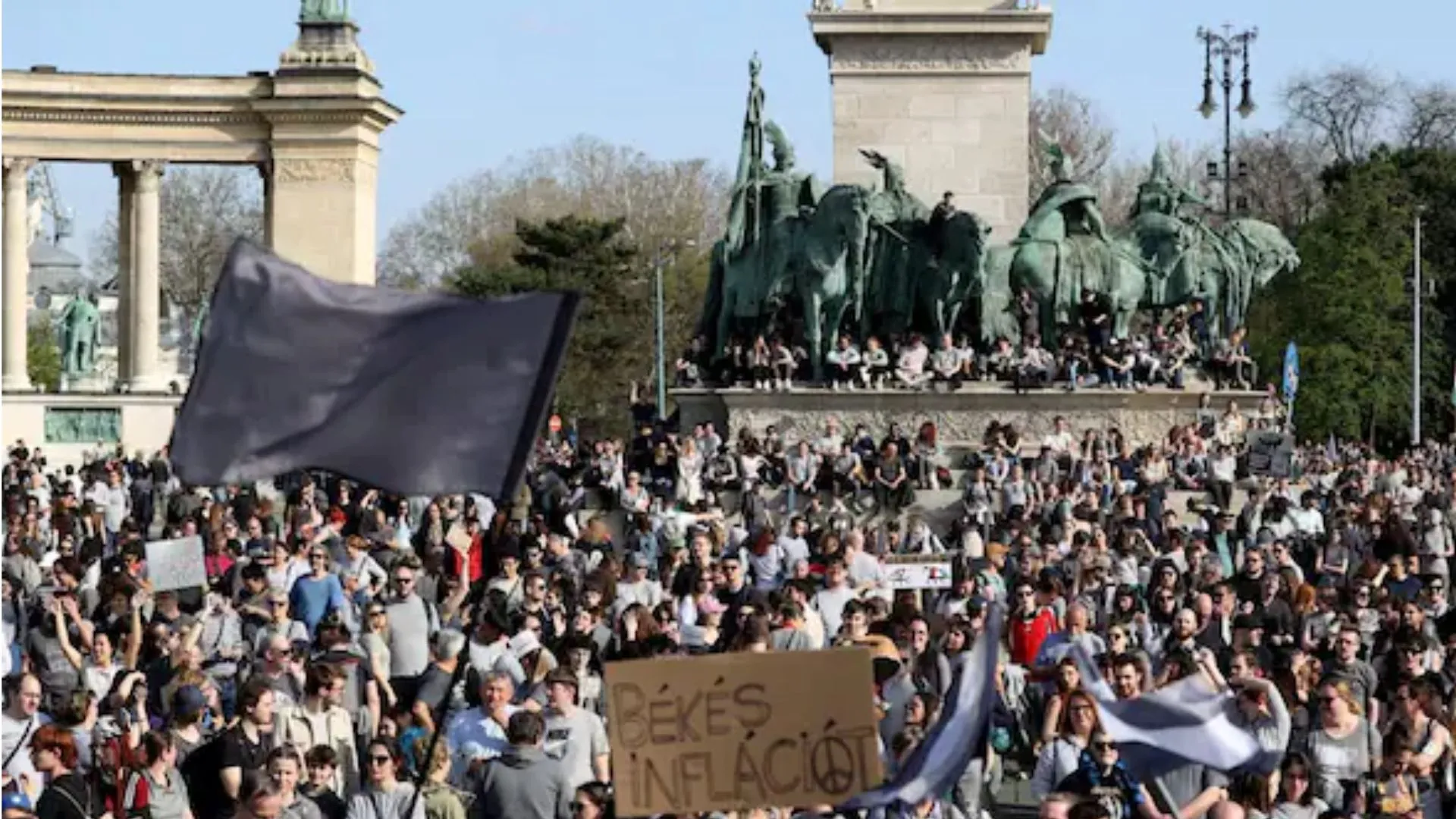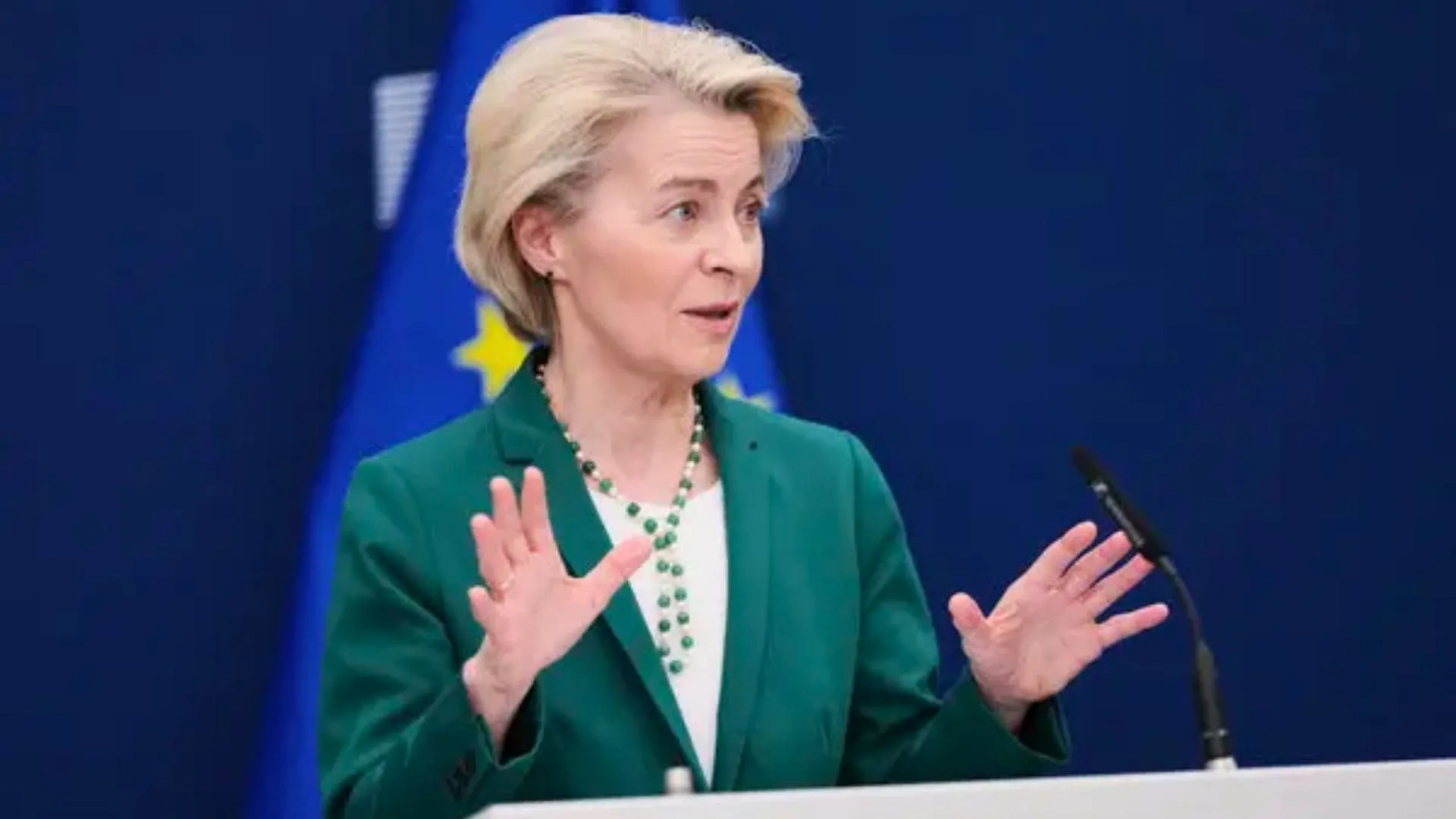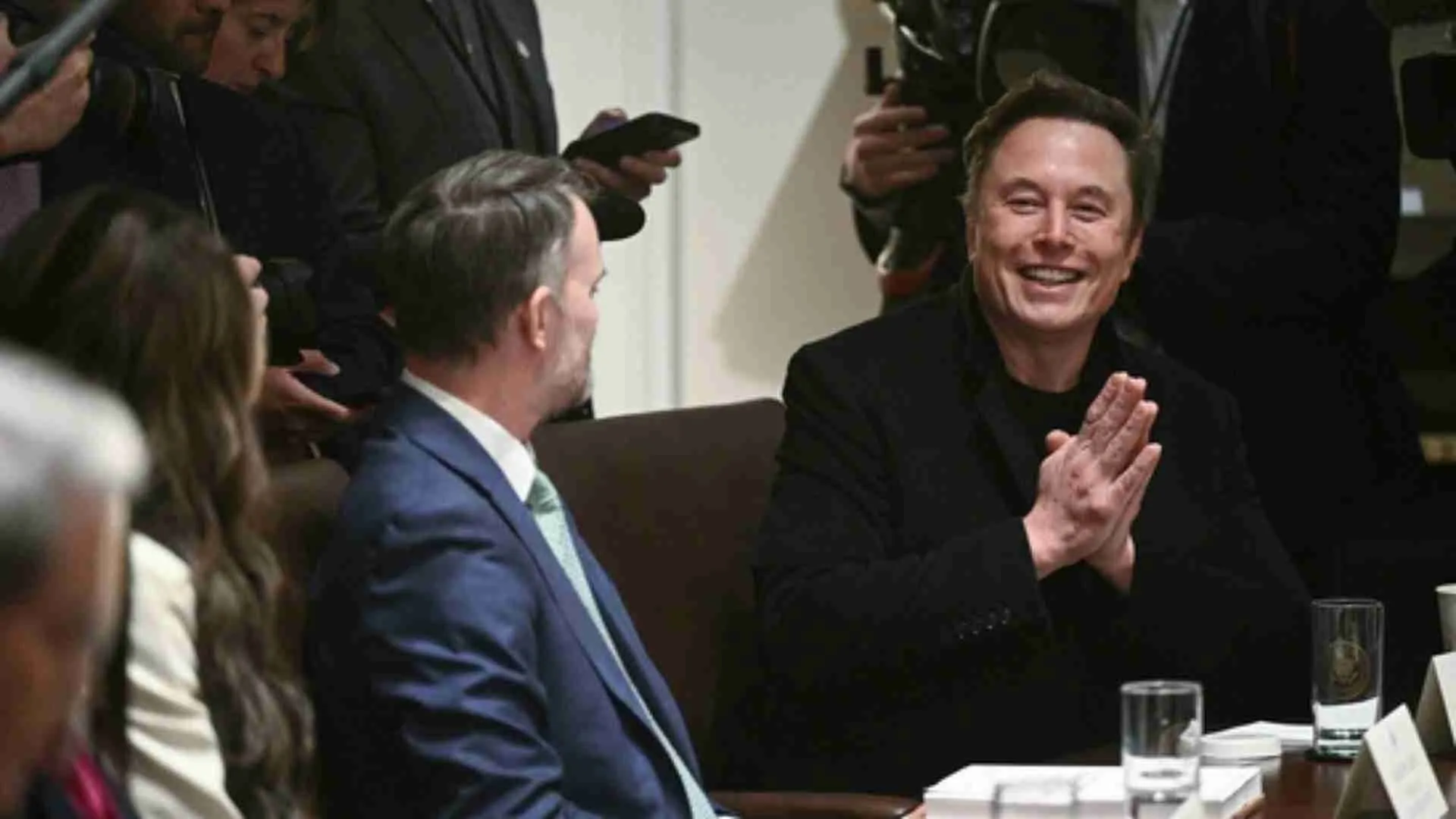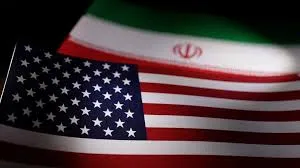The European Union is preparing to retaliate against US President Donald Trump’s latest round of tariffs by implementing its own set of countermeasures on American imports worth up to $28 billion. The move signals the EU’s intent to join forces with countries like China and Canada, escalating concerns that a global trade war may soon unfold raising prices for consumers and destabilizing international markets.
In response to the US imposing 25% tariffs on EU steel and aluminum, as well as a 20% reciprocal tariff on nearly all other goods starting Wednesday, the 27-member bloc is seeking to present a united stance. Trump’s tariffs impact around 70% of EU exports to the US valued at approximately €532 billion ($585 billion) in 2024 with further duties on products like copper, pharmaceuticals, semiconductors, and timber still expected.
The European Commission, which handles trade policy for the bloc, is expected to present a proposed list of US goods for retaliatory duties by late Monday. Items likely to be targeted include American meat, wine, cereals, wood, clothing, and everyday items such as chewing gum, dental floss, vacuum cleaners, and toilet paper.
One contentious item is bourbon, for which the Commission has proposed a 50% tariff. This has drawn a sharp reaction from Trump, who threatened a retaliatory 200% tariff on EU alcoholic beverages. Countries like France and Italy major wine exporters have raised concerns over the potential fallout.
Trade ministers from all EU states are convening in Luxembourg for the first high-level meeting since Trump’s tariff announcement. The goal is to unify the bloc’s message, a readiness to negotiate with Washington for a tariff rollback, coupled with a firm commitment to act if talks fail.
“There’s clear value in a common commercial policy,” one EU diplomat said, referencing the bloc’s ability to maintain unity even through Brexit negotiations.
While some EU countries advocate for swift retaliatory tariffs, others, like France, suggest a broader response. President Emmanuel Macron has even proposed halting European investments in the US until trade relations are clarified.





















